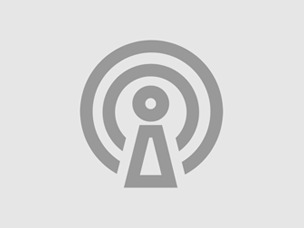Gout is an inflammation of the joints (arthritis). Gout is caused by hyperuricaemia, i.e., too much uric acid in the blood. Gout is clinically characterised by acute gout attacks (sudden, severe attacks of pain, swelling, redness, and tenderness in one or more joints, most often in the big toe). Many patients with acute gout attacks rely on treatment with non-steroidal anti-inflammatory drugs (NSAIDs), steroids, or colchicine. At the same time, many patients with acute gout attacks have contraindications to non-steroidal anti-inflammatory drugs (NSAIDs) and steroids. For such patients, colchicine would be an attractive choice. However, the use of colchicine is not very popular in several countries.
A new clinical study has demonstrated that both naproxen (a non-steroidal anti-inflammatory drug, an NSAID) and colchicine were effective. Pain relief was similar with naproxen and colchicine. Therefore, it has been confirmed that colchicine is a reasonable choice for patients with gout who have contraindications to non-steroidal anti-inflammatory drugs (NSAIDs).
The American guideline on gout, updated in the year 2020, recommends initiating uric acid-lowering therapy for all patients who have 2 or more gout attacks per year.









